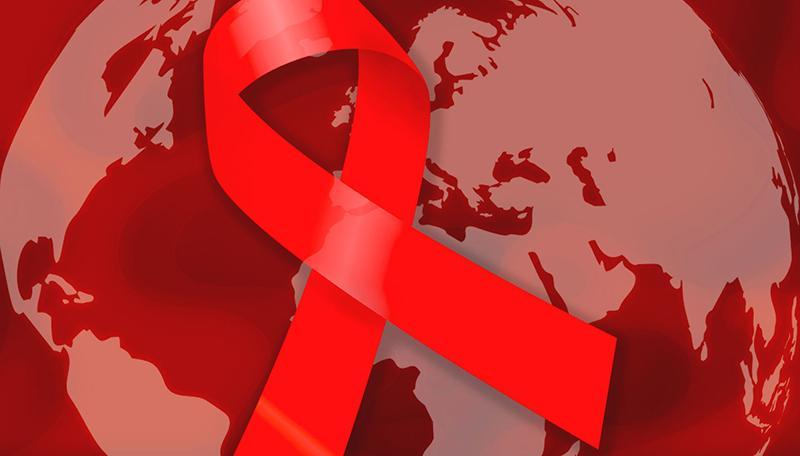Africa-Press – Ghana. The number of people living with HIV receiving antiretroviral therapy (ART) in the Kadjebi District continues to fall, raising concern among health officials about the impact of stigma and discrimination on treatment uptake.
According to data presented at the departmental mid-year performance review meeting, only 272 clients are currently on ART as of June 2025.
This is a drop from 296 in June 2024 and a significant decline from 438 in 2023.
Mr. Eric Nana Takyi, the District Director of Health Services, in speech read on his behalf by Mr. Eric Anane, Deputy Public Health Nurse said stigma remains the leading factor preventing people living with HIV/AIDS from staying on treatment.
“Many people are afraid of being judged by their families and communities, so they stop treatment or refuse to even start. This is dangerous because without consistent therapy, their health deteriorates and they may unknowingly transmit the virus to others,” he explained.
New Infections on the Rise
Despite the fall in the number of patients on treatment, the district has seen an increase in new enrolments on ART.
So far, 26 newly diagnosed clients have been put on treatment this year, compared to 20 in 2024 and 12 in 2023.
Mr. Anane stressed the need for residents to get tested and know their HIV status, noting that early detection allows for prompt treatment and a longer, healthier life.
Mental Health Concerns
The review also revealed worrying mental health statistics.
The district recorded 14 cases of depression as of June 2025, compared to seven during the same period in 2024 and 6 in 2023.
Health experts warned that untreated depression often worsens stigma and discourages patients from seeking medical help, particularly in rural communities where traditional beliefs and fear of gossip remain strong.
National Picture
Ghana’s HIV prevalence stands at about 1.7 percent, according to the Ghana AIDS Commission, with stigma remaining a major barrier to the national goal of ending AIDS as a public health threat by 2030.
Civil society groups have called for more community sensitisation and the integration of mental health support into HIV services.
The Way Forward
Health authorities in Kadjebi have pledged to scale up education campaigns, engage traditional and religious leaders, and provide more discreet support services to encourage treatment adherence.
“We cannot win the fight against HIV if people are afraid to come forward. We need the community to embrace and support persons living with HIV, rather than push them into hiding,” Mr. Anane appealed.
For now, the challenge remains: breaking the silence, dismantling stigma, and ensuring that every person living with HIV in the district gets the treatment and dignity they deserve.
Source: Ghana News Agency
For More News And Analysis About Ghana Follow Africa-Press







